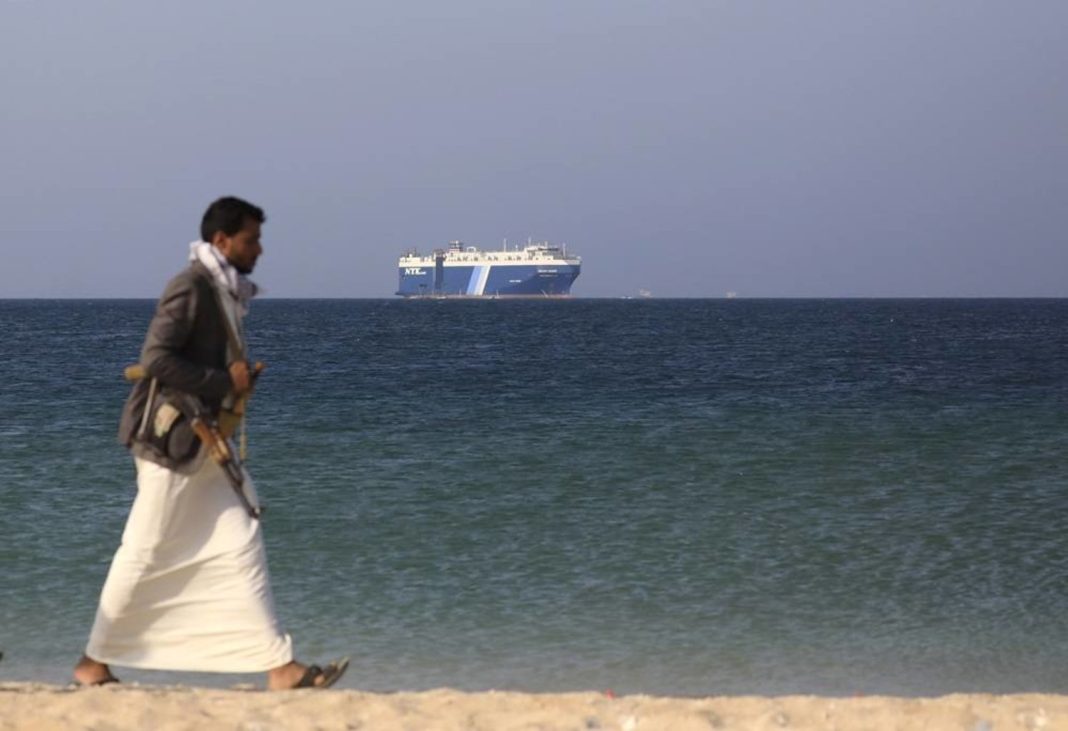Brainard told reporters that the US economy was proving resilient, with inflation having come down faster than even the more optimistic forecasts had indicated, the labor market rebounding, and growth remaining solid.
But she stated the administration remained keenly alert to risks, including issues such as Russia’s ongoing war in Ukraine and its potential to disrupt grain markets, and the evolving situation in the Red Sea.
“Geostrategic risks remain elevated. We see that also in the Red Sea, where we’re closely monitoring and we’re working with partners,” she said, adding that there was no evidence thus far to suggest an impact on prices or the availability of products.
Brainard stressed Biden’s national security team was “very focused” on the situation in the Red Sea, given its importance to global shipping, and remained in constant communication with ocean shippers and countries in the region to ensure freedom of navigation and to bolster regional security.
Asked about the potential inflationary impact of the attacks, Brainard stated: “Based on the information we have, diversion of vessels from the Suez Canal to the Cape of Good Hope is not anticipated to have a large effect on the availability of products for holiday shopping, but of course we will continue to monitor that.”
The Yemenis have declared their open support for Palestine’s struggle against the Israeli occupation since the regime launched a devastating war on Gaza on October 7. The Yemeni armed forces have also launched missile and drone attacks on targets in the Israeli-occupied territories of Palestine after the occupying regime’s aggression on Gaza.
The Houthis have also defended their strikes as justified retaliation for “the oppression of the Palestinian people”. They have vowed to “prevent the passage” of any ship headed to Israel or otherwise connected to Tel Aviv, stressing such vessels are legitimate targets as long as West Jerusalem carries out “ugly crimes … against our brothers in Gaza and the West Bank”.
